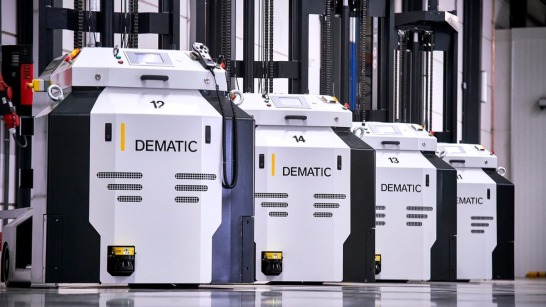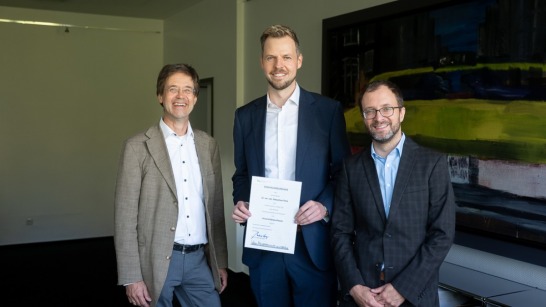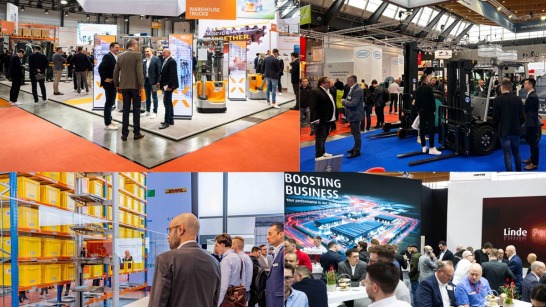
Every second counts
In the world of intralogistics, every second saved can mean the difference between success and backlog. At the KION Group, we have recognized this and are using innovative technologies to optimize even the smallest of time windows. What can this result in? Huge efficiency gains that can add up to impressive time savings over the year.
2024-09-04




